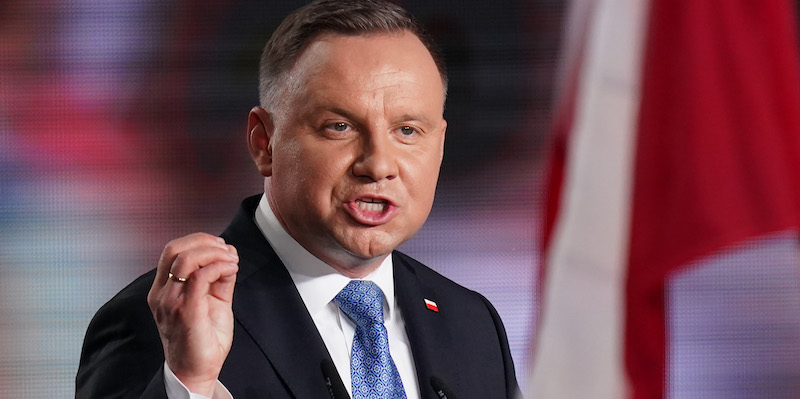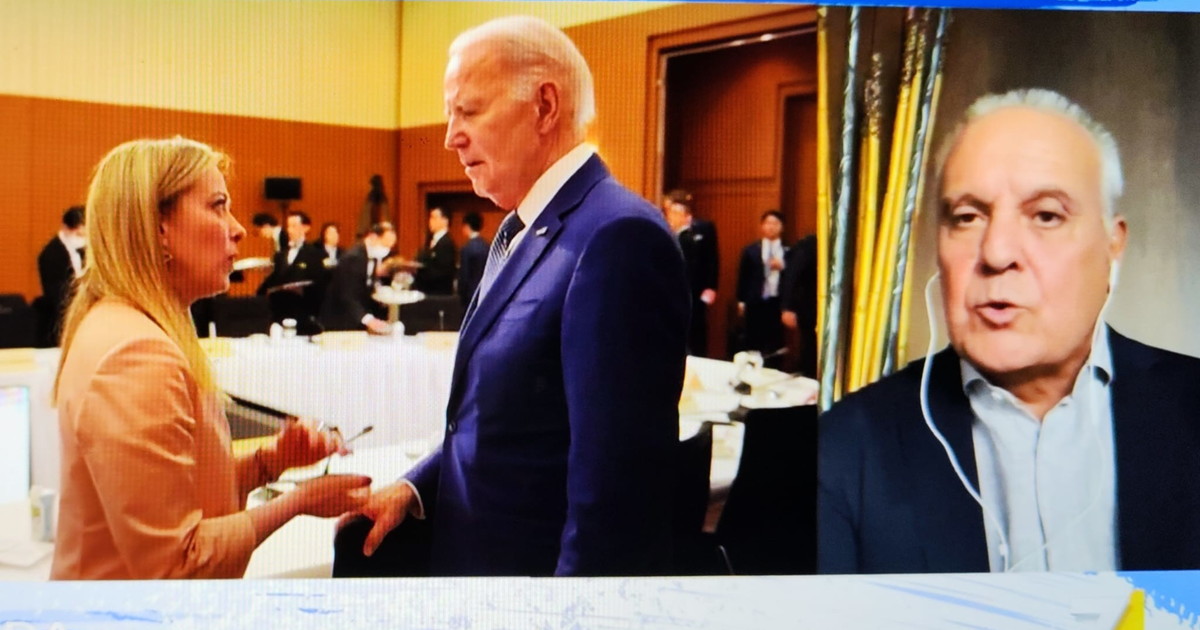His Excellency Andrzej Duda, President of Poland veto On the hotly debated controversial media law in the past few weeks, which was aimed at preventing foreign property from controlling the country’s media. On December 17, the law was finally approved by Parliament, but to be passed it had to be signed by Duda: after the president’s veto, the chances of its entry into force with the existing text were greatly reduced.
According to many critics of the Polish government, the law mainly affected TVN, which is owned by America and considered one of the few independent sources of information in Poland.
The law was promoted by the right-wing Law and Justice Party (PiS, the main party in the ruling coalition) and included a ban on companies located outside the republic. European Economic Area (European Economic Area, which includes the EU countries, Iceland, Liechtenstein and Norway) to own majority stakes in the Polish media.
Prime Minister Mateusz Morawiecki of the Law and Justice party said the aim of the law was to prevent the sale of Polish media to Russian, Chinese or Arab investors. But according to many experts and critics of the PiS, this above all led to the consolidation of government control over TVN, the national television of the American Discovery Group, which among others runs the popular news channel TVN24 and has repeatedly criticized the quasi-authoritarian government. . from Poland.
The law was approved by the Sejm (Sejm) in August, with Big problems for most In finding the necessary votes, but in September the Senate (where the opposition by a majority) rejected it. It was then returned to debate in the House, where it was finally approved on December 17 by 229 to 212 against and 11 abstentions (the House could overturn the Senate’s veto in a third vote by an absolute majority of electors).
It has been heavily criticized by the United States, and both the administration of US President Joe Biden and his predecessor, Donald Trump, have pressured the Polish government to leave TVN alone. In August, after first approval by the House of Representatives, US Secretary of State Anthony Blinken said he was “very concerned” about the bill. President Duda himself, who despite being officially independent of Law and Justice (PiS), has repeatedly expressed doubts about the law and the possible repercussions it could cause in relations with the United States.
On Monday, he vetoed the Message on Live TVDuda said he agreed in principle that there should be a limit to the presence of foreign ownership in the media sector, but added that in this case the law would harm a company already legally operating in the media. Negative impact on the Polish economy. Had Duda passed the bill, Discovery would have had only six months to sell its shares in TVN.
The Polish constitution states that the lower house of parliament can overrule the president’s veto by a three-fifths majority of the 460 deputies. Therefore, the ruling coalition needs to 276 votes but at the moment he only has 228-The law will then return to the House of Representatives for a new reading.

“Reader. Travel maven. Student. Passionate tv junkie. Internet ninja. Twitter advocate. Web nerd. Bacon buff.”




